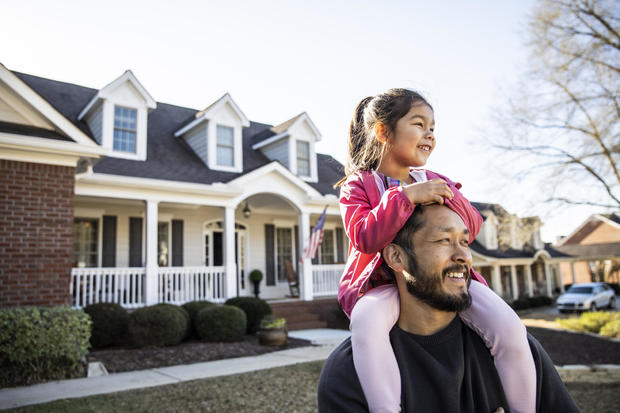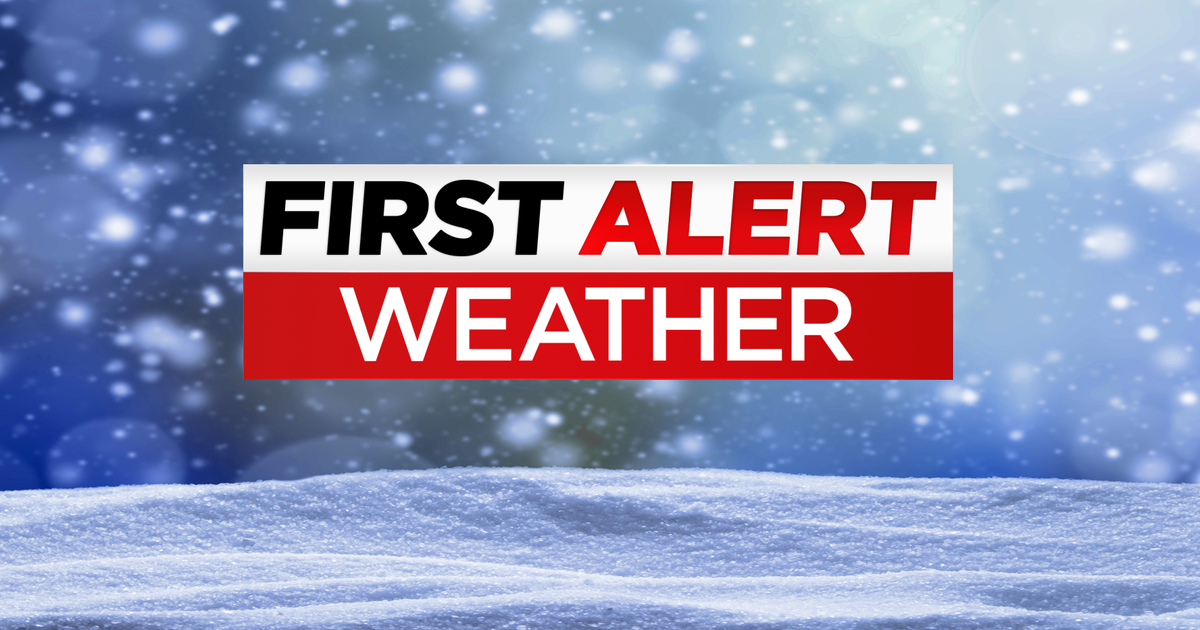10 important mortgage loan questions to ask this spring
There's no question that inflation has cooled significantly compared to mid-2022 when the inflation rate hovered above 9%. However, we aren't back to normal just yet. At 3.2%, today's inflation rate is still well above the Fed's target rate of 2%, resulting in the Federal Reserve's benchmark rate remaining paused at a 23-year high. In turn, borrowers now face elevated interest rates on everything from credit cards to mortgage loans — especially compared to the rates that were offered in 2020 and 2021.
But the good news is that mortgage rates, in particular, have declined slightly over the last few months, making it more affordable to borrow money for a home. And, as the spring homebuying season kicks into high gear, many prospective buyers are starting the pre-approval process to secure a mortgage loan.
Finding the right mortgage loan goes beyond just getting the best mortgage rate, though. It's also critical that you understand all the details, fees and requirements from your lender so you can make the best decision possible for your money. And that starts by asking some important questions.
Explore your top mortgage loan options online now.
10 important mortgage loan questions to ask this spring
If you want to make an informed decision on your mortgage loan this spring, here are 10 crucial questions you should ask your mortgage lender:
What are the current mortgage rates and fees?
It's crucial to get a clear picture of the interest rate you qualify for and understand all the lender fees involved in the transaction. As part of this process, be sure to ask about the mortgage loan's annual percentage rate (APR), which includes the interest rate plus other costs. And, given that today's mortgage rates are hovering near 7%, don't forget to inquire about discount points to buy down the rate.
Find the best mortgage loan rates you could qualify for today.
What are the different loan program options?
There are various mortgage products to choose from. For example, your lender may offer you conventional or jumbo mortgage loan options as well as government-backed mortgage loans, like Federal Housing Administration (FHA), U.S. Department of Agriculture (USDA) and U.S. Department of Veterans Affairs (VA) loans.
Each type of mortgage loan has pros and cons to consider, and your lender should explain the differences and qualifications for each. That way, you can choose the right fit based on your down payment amount, credit score and financial situation.
What is the required down payment minimum?
Down payment requirements can vary across mortgage loan programs, and depending on the amount of money you have to put down on the home, one mortgage loan could make more sense over another. So, be sure to find the minimum down payment percentages for each type of loan you're considering, as well as the benefits of putting down a higher amount to avoid mortgage insurance.
You may also want to ask if you're eligible for any down payment assistance programs, as these programs may be available for certain types of buyers or mortgage loans.
How much home can I afford?
Your lender will pre-approve you for a maximum mortgage loan amount based on your income, debts and credit. However, it's important to understand that the amount you're approved for is the maximum, and you need to know what monthly payment you can realistically afford.
With that in mind, be sure to ask your lender to run different home price scenarios with estimated payments to ensure that you're comfortable with the potential costs each month and that they align with what you have budgeted for your mortgage payments.
What documentation is required?
Your lender will need various documentation, from tax returns and pay stubs to bank statements and gift letters, to verify your income, assets and other information that's required to approve you for your mortgage loan. It can be helpful to get a full checklist of required paperwork so you can prepare in advance, helping to expedite the pre-approval process (and ultimately the loan approval process).
How long is the mortgage pre-approval valid?
Pre-approvals typically have an expiration date, which can vary by lender, but are often between 60 and 90 days. Ask your lender how long your mortgage loan preapproval is valid for and find out what the process is to get re-approved if your home search takes longer just in case there are issues with finding the right home in that time frame.
What are the estimated closing costs?
In addition to your down payment, you'll need to pay closing costs, which can vary by lender, but typically amount to 2% to 5% of the home's purchase price. Be sure to request a fee worksheet or estimate from your lender to understand this significant upfront expense.
And, in some cases, you may be able to negotiate with your lender to lower some of these closing costs and fees. Knowing what these costs are as you compare your loan and lender options can be useful as you determine whether it would be worth it to do so.
What is the rate lock period?
A mortgage rate lock guarantees that your quoted interest rate won't increase for a set period, which is often between 30 and 60 days. As you navigate the mortgage lending process, be sure to find out the lender's lock periods and associated fees in case you need an extended rate lock.
What are the steps after pre-approval?
Having clarity on the next steps after pre-approval is an important component of ensuring the mortgage lending process is a success. So, be sure to ask your lender about the typical timeline for what happens after pre-approval. That way you know how long you have to shop for homes, the timeline for having a home under contract, when you need to secure the appraisal and the estimated time it will take for the underwriting processes to get the final approval.
Are there any prepayment penalties?
These days, it's rare for lenders to charge mortgage prepayment penalties. However, it's still important to confirm there are no fees if you pay off your loan early or refinance down the road, so be sure to ask this question of your lender.
The bottom line
The mortgage process can be daunting, especially in today's high-rate environment, but being an informed borrower is half the battle. So, as you navigate the mortgage lending process, don't hesitate to ask your lender plenty of questions, as this will likely be one of the biggest financial decisions you'll make. That's why an experienced, communicative lender is key to making the right mortgage choice this spring homebuying season.




